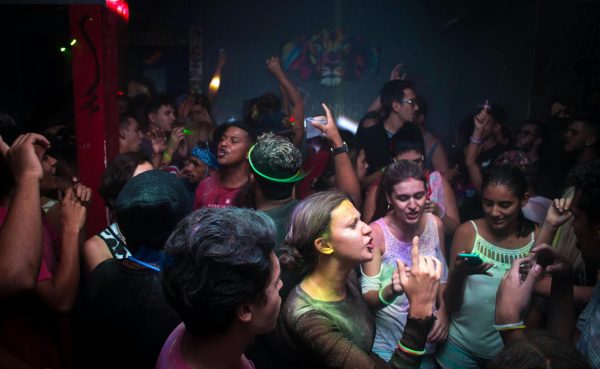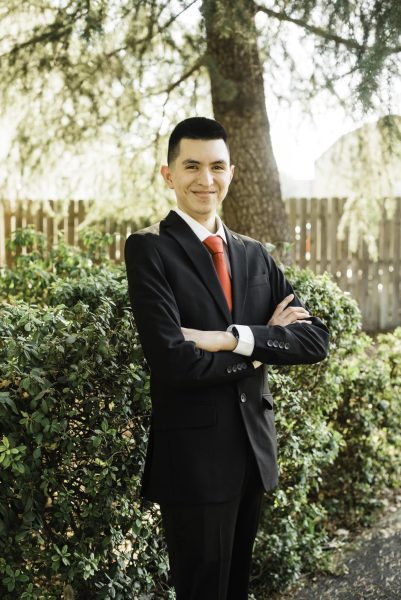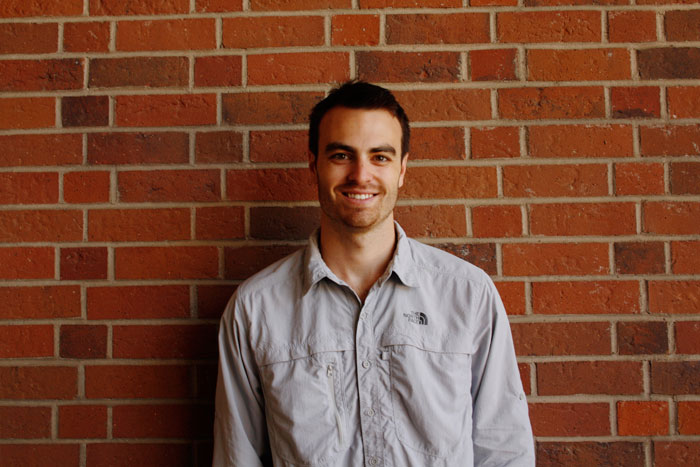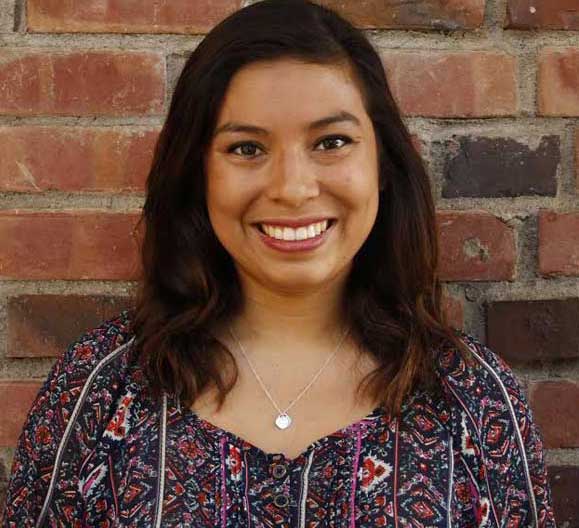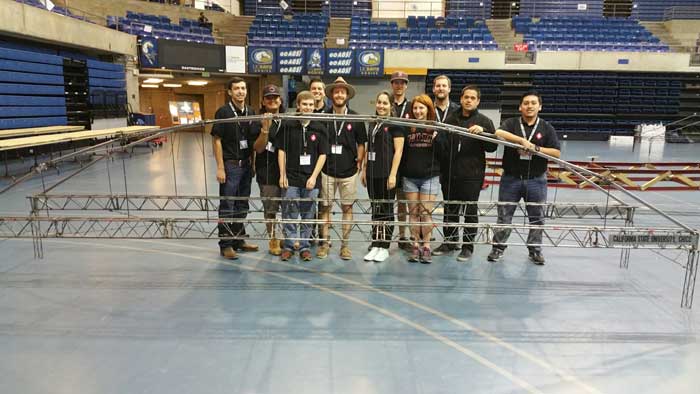Published 2011-11-28T20:28:00Z”/>
Lexi Brister
One of the worst tragedies I’ve ever seen was a close friend being destroyed by a forced sexual encounter.
What happened to her is so aversive and yet the action is so prevalent, as no one is comfortable discussing rape. Over the break, however, I sat down with my friend to do just that in an effort to expose a darker side of what happens when we lose control, as well as to teach myself how to prevent it from happening to me.
College is an especially dangerous time because of the high-risk, heavy-drinking environment many students are exposed to.
One in four college-aged women has been the victim of sexual assault, according to the Crisis Connection Inc. website. Of those, 90 percent knew
their attacker.
While my friend is thoroughly displeased with what she calls “being a statistic,” she does fit into this category. She and her boyfriend were alone at his house, and when she told him she did not want to have sex, he used physical force to make her do it anyway.
The physical pain was awful, but her feelings of self-loathing were the worst effect.
“He took my identity from me in the worst way,” she said.
My friend’s reaction to the attack is one experienced by many victims of such abuse, men and women alike, said a rape trauma counselor in my hometown. Counselors work to teach those suffering not to blame themselves.
If you’re wondering whether sex is ever the same after an experience like that, the answer is usually no. This can be due to a variety of reasons including fear and desensitization, but experts agree that experiencing sexual trauma changes the meaning of sex for many people.
For men, many times the hard part is overcoming the emasculation, and for most women, like my friend, it’s relearning how to own
your sexuality.
Most counseling programs focus on psychological recovery, which counselors say largely works to help victims learn not to associate all sexual encounters with the attack.
This is particularly difficult for men, who tend not to report sexual assault. While the aforementioned friend is not the only female rape victim I know, I know of only one male who has ever admitted to feeling like he was taken advantage of.
There are different types of therapies, most of which involve speaking about the experience, all of which can be very painful. There are many online message boards that suggest group therapy because it is easier to talk with people who understand what the experience is like.
Nikki Allair, a senior women’s studies major and anti-violence activist, said that after she was sexually assaulted over a year ago, the only way to cope was to be open about it.
“It was really important for me to be able to break down when I needed to and know that there were people who would listen,” she said.
Allair has spent many hours talking and listening, including giving a keynote address at Take Back the Night, and thinks that while it’s a tough road, you can have a normal sex life after such an experience.
The best possible advice I can give is to trust your instincts. If a situation ever makes you uncomfortable, get out by any means necessary.
<hr />
<strong>Lexi Brister can be reached at</strong>
<em>[email protected]</em>
